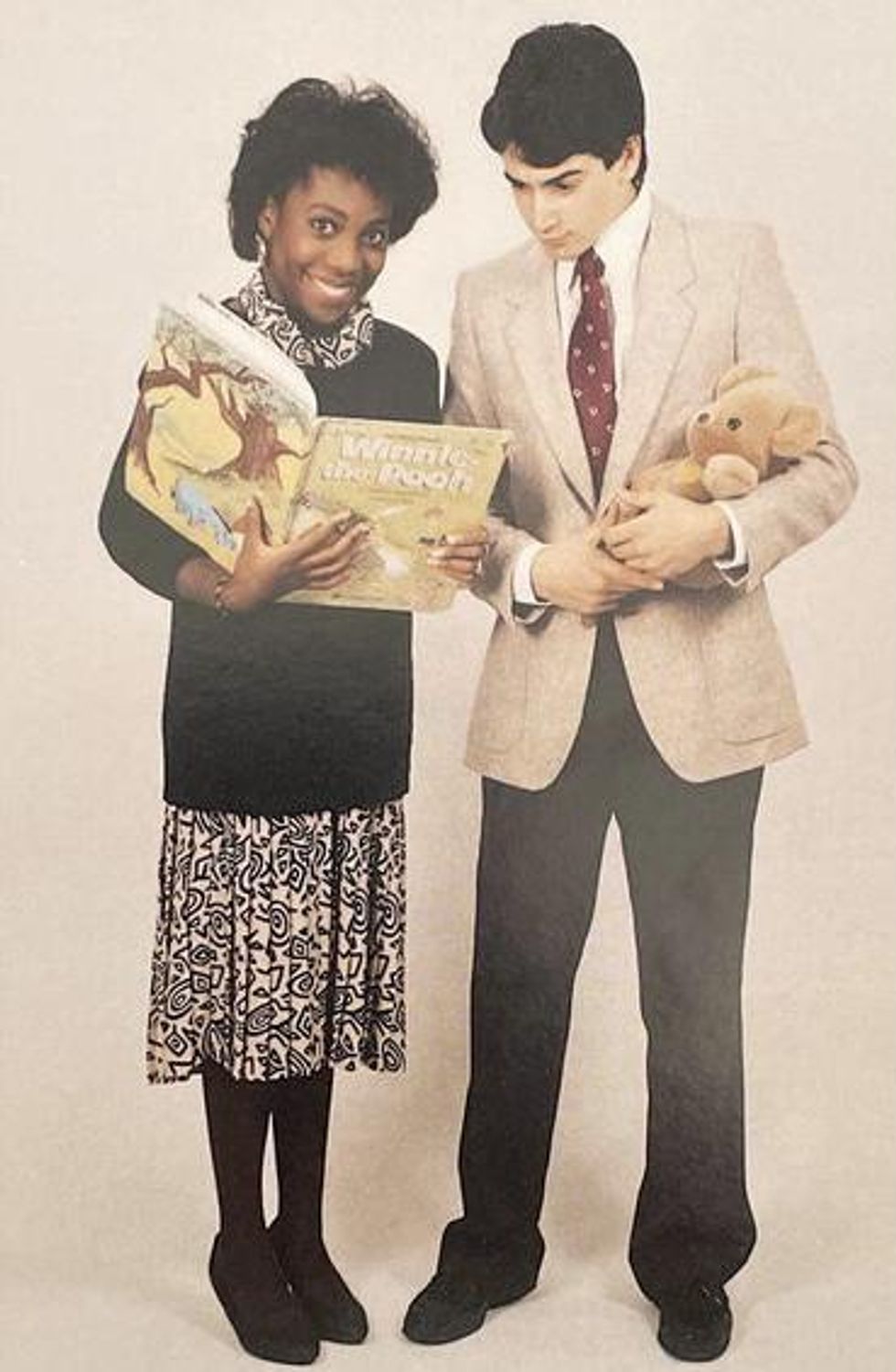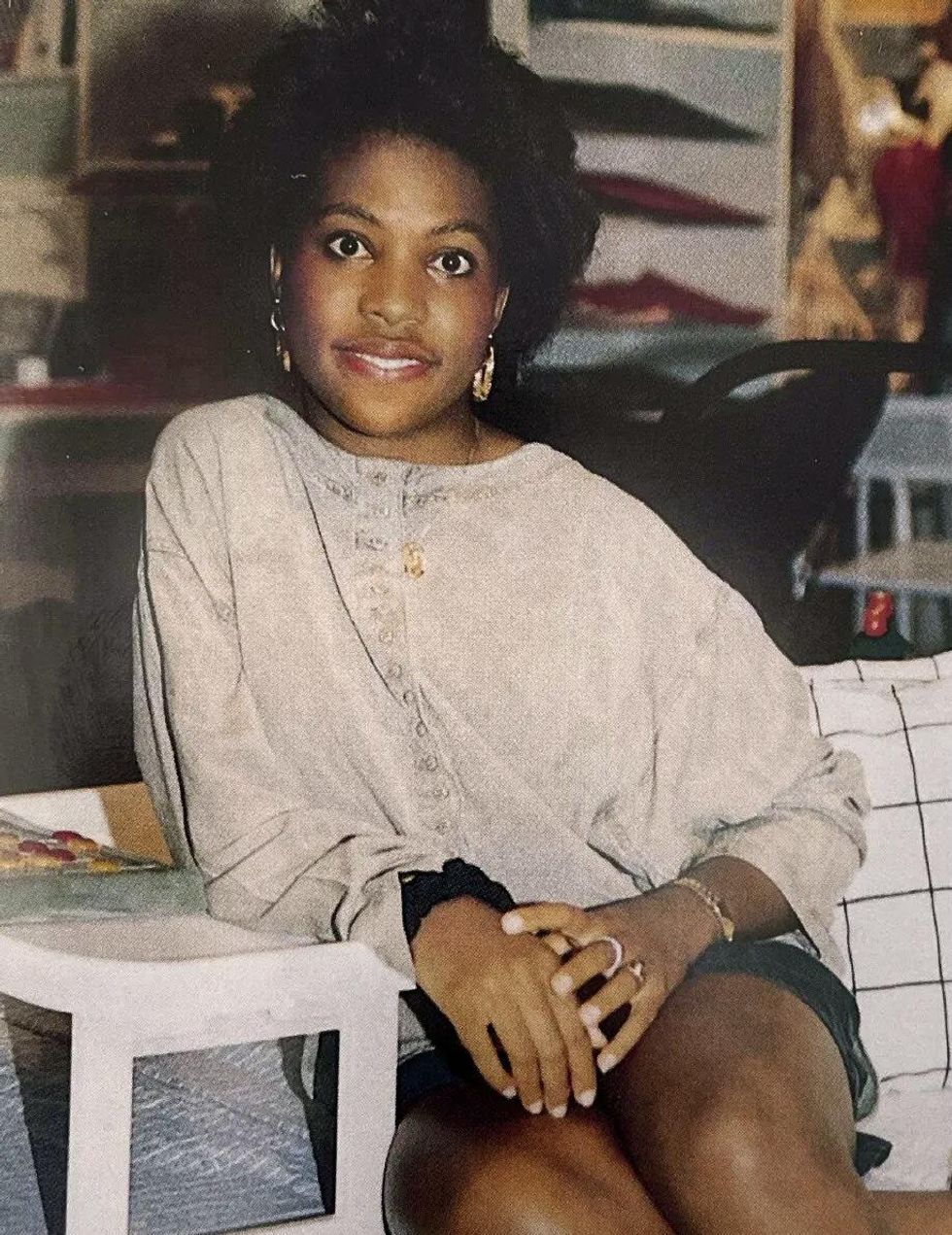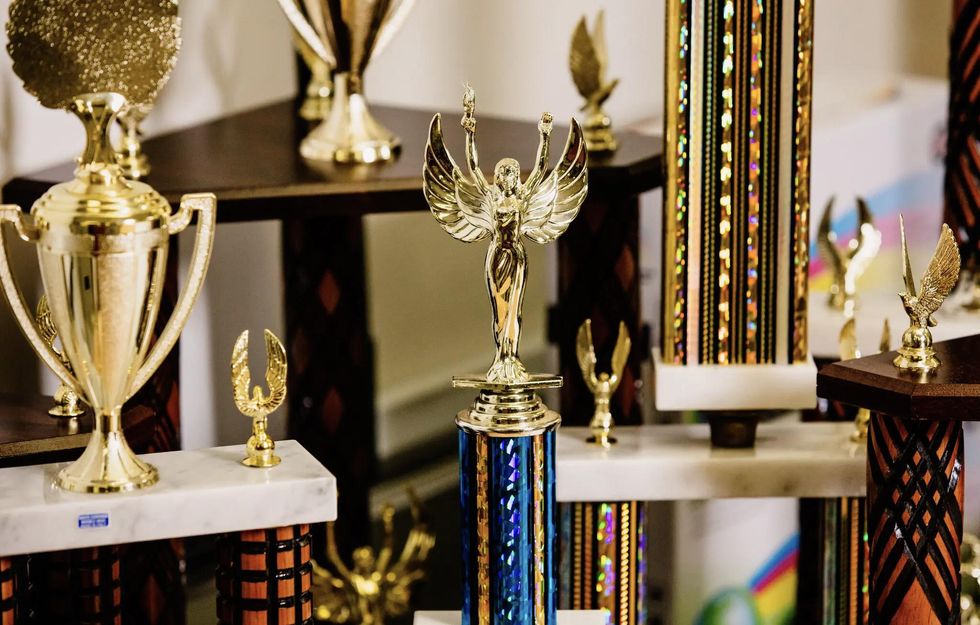
PINECREST, Fla. — Let Miami Palmetto Senior High School brag for a moment: It has a swoon-worthy alumni roster. The Amazon founder Jeff Bezos, class of ’82. Dr. Vivek H. Murthy, the United States surgeon general, class of ’94. And Judge Ketanji Brown Jackson, the first Black woman nominated to the Supreme Court, class of ’88.
Decades have passed since Judge Jackson, 51, was a stellar student at Palmetto, a large public school nestled among the palm trees of the South Florida suburbs. But the school held outsize importance in her life, thanks to a competitive speech and debate team led by a famed coach who molded her protégés into sharp-tongued speakers and quick critical thinkers.
“That was an experience that I can say without hesitation was the one activity that best prepared me for future success in law and in life,” Judge Jackson said at a lecture in 2017.
From the tightknit and wonky debate team emerged accomplished professionals who remain unusually close 30 years later. (Judge Jackson’s prom date? A guy who would become a United States attorney, the chief federal prosecutor in Miami.) Now the team offers a glimpse into how Judge Jackson’s early life led to a Supreme Court nomination — and how her success is inspiring a new generation of debaters to dream big.
“I learned how to reason and how to write,” she said in the lecture, “and I gained the self-confidence that can sometimes be quite difficult for women and minorities to learn at an early age.”One former teammate, Craig Tinsky, who is a visual artist in Washington, D.C., recalled Judge Jackson delivering a powerful speech about confronting and overcoming fears, as well as a humorous interpretation of the Neil Simon play “Fools” that had the audience in stitches.
Judge Jackson has spoken often, including in her 2013 swearing-in as a judge, about how much high school meant to her. She was the class president and has helped organize class reunions. But above all, she was a top debater.
Not everything was easy. As a 17-year-old, she sat on a panel discussion about race and ethnic relations and recounted having a drama teacher tell her she would not be able to win a role in a play because it was about a white family.
“If you don’t talk about it, you never deal with it,” she said of prejudice in the school, where the student body was 73 percent white, 16 percent Black and 11 percent Hispanic.
Judge Jackson grew up in what she has described as a predominantly Jewish suburb of Miami, attending her friends’ bar and bat mitzvahs. At the time, Palmetto was in an unincorporated residential neighborhood known as East Kendall that is now the upscale village of Pinecrest.
She joined speech and debate in junior high, heading over to Palmetto for early-morning practice on the high school team. The coach, Fran Berger, had grown Palmetto into such a debate powerhouse that it had become not just an extracurricular activity but a full-fledged for-credit class.

Ms. Berger devoted her weekends to schlepping debaters to competitions. She fielded their phone calls at home, late into the night. She insisted that students raise funds for the team’s travel. And she kept gently worn business attire in her classroom for students who were not able to afford it.
“It was literally all-encompassing: All of our lives, this is just what we did,” said Amy Berger Chafetz, Ms. Berger’s daughter, who was on the team and is now a lawyer in Miami. “But we had so much fun.”
They traveled by bus to Florida competitions and stayed at Holiday Inns. They flew to Ivy League campuses for national meets. That’s how Judge Jackson fell in love with Harvard, which she would later attend for her undergraduate and law degrees.
“We all did end up in Ivy League schools,” quipped Ms. Chafetz, who went to Cornell.
Judge Jackson competed in two disciplines that were more speech than debate: oratory, where contestants write and deliver original speeches, and interpretation, where they perform dramatic or humorous parts from existing material. She was a national champion in oratory.
Ms. Berger died in 2008. Judge Jackson was among several debaters quoted in her Miami Herald obituary.
The debaters’ résumés are impressive. Nathaniel Persily, a constitutional law professor at Stanford. Judge Laura Anne Stuzin of Florida’s 11th Judicial Circuit. Benjamin G. Greenberg, the prom date turned United States attorney, now in private practice.
“It’s like doctor, doctor, professor, professor, lawyer, lawyer, professor, judge, judge, doctor,” said Stephen F. Rosenthal, a Miami lawyer who has known Judge Jackson since junior high and counts her as one of his best friends. He met his future wife, Mindy Zane Rosenthal, a debater at Miami Beach Senior High, in a competition. (Then he went to Harvard.)
Last month, when Judge Jackson’s name floated to the top of most lists of candidates to replace the retiring Justice Stephen G. Breyer, even Palmetto debaters who were no longer in frequent touch began texting each other to gawk. Someone sent around a photo of the debate team from back in the day, and also a photo of Judge Jackson and Mr. Rosenthal from their senior yearbook.
“I want to go into law and eventually have a judicial appointment,” Judge Jackson said at the time.
Perhaps nowhere has been more abuzz about Judge Jackson’s nomination than Palmetto High, where television crews descended one morning last month to do live shots and ask students and administrators for thoughts about their famous graduate.
This week, the school’s current crop of debaters assembled in Room 2028, a delightfully crammed Advanced Placement History classroom, for after-school practice. Debate is no longer a class.
The topic of the day: whether rehabilitation should be valued over retribution in the United States criminal justice system. Students split into pairs to prepare arguments. Their sponsor, Silvio A. Vargas, a history teacher, said he had seen some of the students be quiet and withdrawn in class — and then speak up and flourish in debate.
The same was true for Judge Jackson and her former teammates, who said being on the team taught them how to convey ideas and manage their time — and gave them a group of friends who made it easier to navigate a large public high school. (Today, Palmetto has an enrollment of more than 2,600.)
Debate also forced them to organize their thoughts and listen, Ms. Chafetz said.
“That’s really why debate was such a gift for so many of us: You can find merits in arguments that you ultimately don’t support,” she said. “That obviously requires intellect — but it also requires compassion, empathy, a willingness to listen and understand.”
Today’s debaters feel much the same.
“It helps you not only develop your own critical thinking skills but also understand the world around us — that there’s different ways of approaching different things,” said Jason Salguero, a 17-year-old senior and the team’s vice president.
And to think a Supreme Court nominee was once in their shoes?
“It just makes me feel like really anything is possible,” said Anna Liu, an 18-year-old senior and the team’s co-president.
“You start to see all these people and their potential,” said Alexandra Khutorsky, an 18-year-old senior and the team’s secretary. “They’re going to be something. They’re going to be somewhere. And you’re not going to be surprised.”
Some of the students wore matching team T-shirts.
“DEBATE IS LIFE,” they read. “The rest is just prep time.”
Patricia Mazzel. New York Times. February 26, 2022.
###
February 27, 2022
Voices4America Post Script. President of her class for 4 years. Speech and Debate. Chess tooThen Magna Cum Laude at Harvard. Harvard Law and Law Review. Public Defender. DC Circuit Judge. How could President Biden not nominate Ketanji Brown Jackson! #Ketanji


